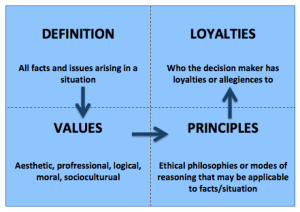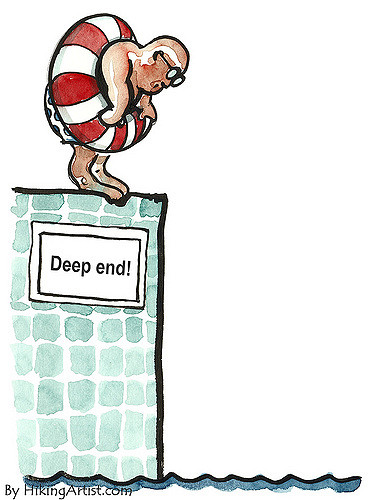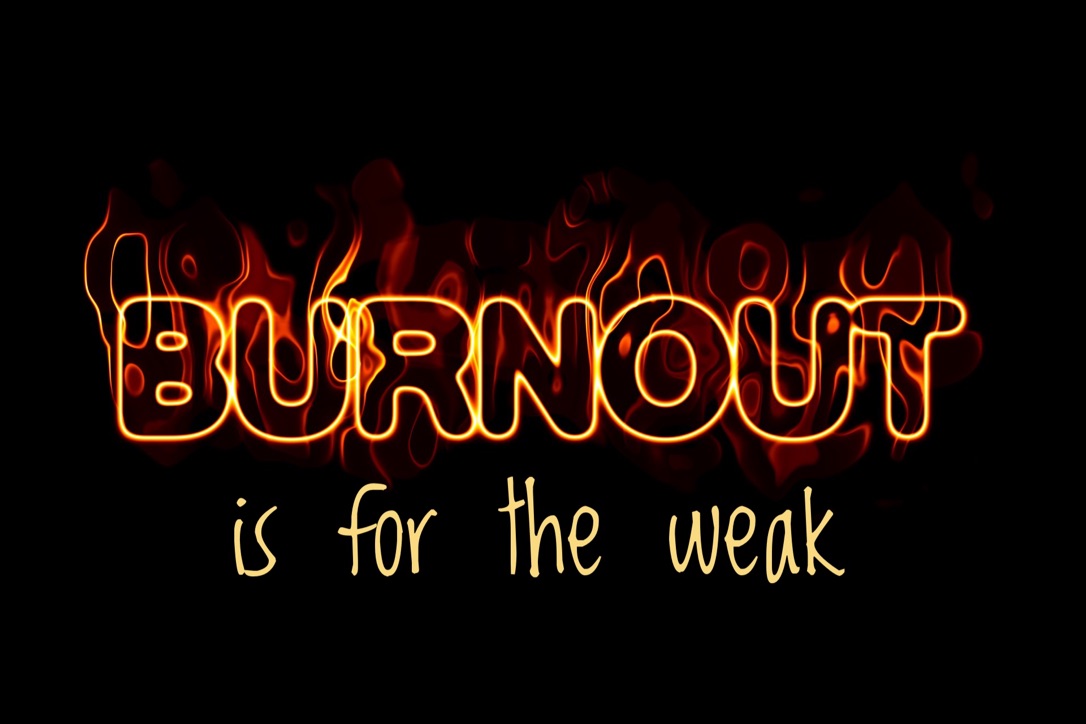Leadership: Making difficult decisions
Senior leaders of large organisations wrestle with making difficult decisions. In almost every case, the decision involves people. Real, living, breathing, emotional, caring, hard working people.
Take current stringent government budget cuts. Council leaders need to decide how best to reduce costs by tens of millions of pounds. Choices are stark. Cut ever more staff knowing that the quality of services cannot be sustained? Or decide which services have to be curtailed or shut down?
Wrestling with the answers drills into the very essence of what make us human. Factors involved include values, culture, psychology, ethics, philosophy and purpose. Once a decision is made, execution requires every fibre of will and focus. There will always be detractors.
So how do we make, then execute, difficult decisions? If you find yourself in such a situation can I recommend the following…
1. Speak to others in similar situations
Network and speak with others in a similar situation to yourself.
It is too easy to think that our problems, our challenges are uniquely ours. Anxiety and fear paralyse. But rest assured, what you feel is normal.
Talking to others can make the difference between success and failure. Speak to other senior leaders within your organisation and be honest about the deeply unsettling aspects of your job. Look for industry events which attract others like you. Connect via Linked In to others in a similar position to yourself and ask to meet. Seek out old bosses or mentors who have helped you in the past.
In short – go speak to others who either are, or have, experienced similar. The decision will still be yours, but you will have the support and knowledge that you are not alone.
2. Use an external executive coach
Utilise the services of an external coach. Someone outside of your situation. Who isn’t embroiled in the system, doesn’t have the same emotional investment, yet has the relevant experience and training (coaching and psychology) to help you.
A coach who’s sole aim is to provide you with a judgement free, supportive and facilitative process to help you make the right decisions for you and those you serve.
It is not uncommon for leaders to feel a high sense of guilt, shame or paralysis when making difficult decisions. Especially when your decision may impact hundreds, thousands or even millions of fellow human beings.
Value yourself, and seek out the right people to support you.
3. Utilise the right tools
The good news is that you are not the first to have to make difficult decisions. There is a large body of work providing a range of frameworks to help us make not only tough decisions, but the right ones.
Examples of such methodologies include a basic urgent/non urgent matrix, appreciative inquiry, NLP’s well formed outcomes, a complex decision making framework called Cynefin, or the Potter Box (links below). The latter provides a (non linear) mechanism for working through complex decisions taking into consideration ethics, core values and your principles – see the diagram which is a summary (click for bigger image).

Once a difficult decision is made, other challenges come to the fore. Change management, human psychology, organisational theories, communication strategies, maintaining morale and more. Having someone on your side can be crucial to success. Give us a call. We are good to work with, and will be both supportively challenging and challengingly supportive.
Further notes:
The following provide an introduction to some mechanisms which can help you make the difficult decisions. Should you require further information or to know how this might apply to you, please contact us.
- Appreciative inquiry – there are many excellent books on this subject. Our coaching philosophy is very much based on this concept.
- Well formed outcomes – there are lots of resources online
- Potter Box – The name “Potter Box” is a designation of Dr. Karen Lebacqz, Pacific School of Religion. The original version is described in Ralph B. Potter, “The Structure of Certain American Christian Responses to the Nuclear Dilemma, 1958-63” (Ph.D. Diss., Harvard University, 1965). Potter assumed this framework in Ralph B. Potter, “The Logic of Moral Argument,” in Toward a Discipline of Social Ethics, ed. Paul Deats (Boston: Boston University Press, 1972).
- Although Potter Box is often used in terms of the ethics involved in reporting, the concept applies very well to making tough ethical decisions.
- Cynefin – This is an excellent methodology to work out the nature of the problems you are dealing with. To use Cynefin leaders must first determine the prevailing operational context: simple, complicated, complex or chaotic, so that appropriate choices can be made.
- Urgent/non urgent quadrant
(c) Welcome Insight. Article written by Mark Bateman. February 2014. Image by HikingArtist



